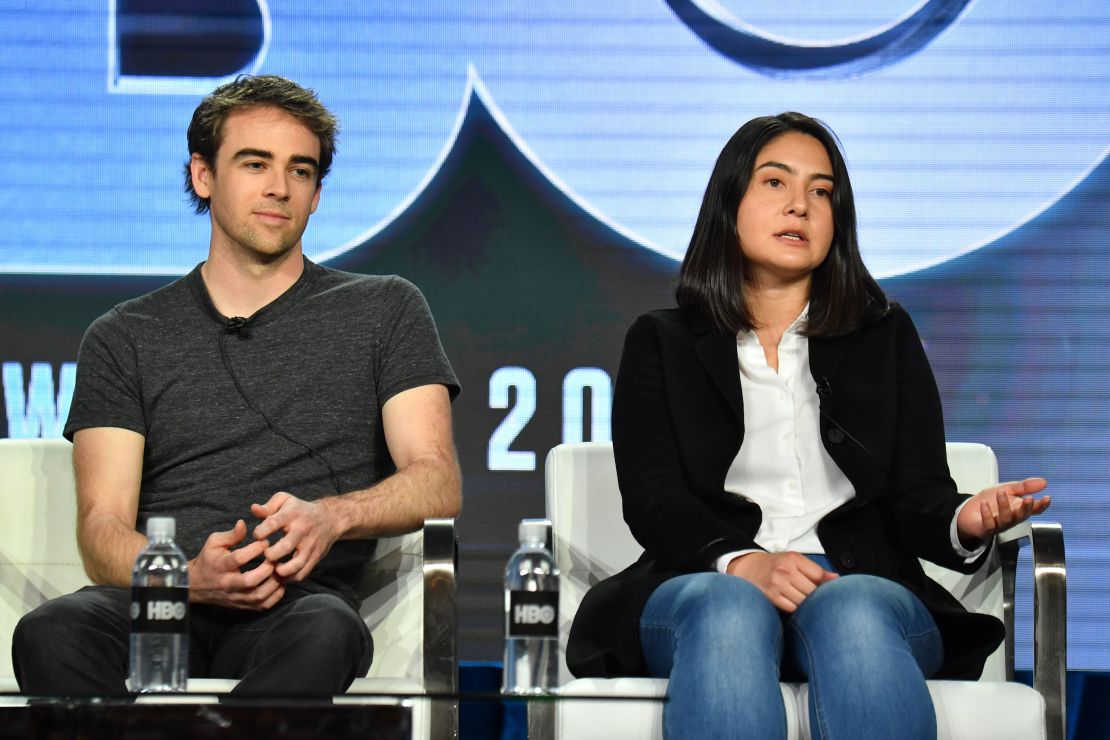Erika Cheung and Tyler Shultz blew the whistle on Theranos. Now, the former employees of the shuttered health company are behind a new organization called Ethics in Entrepreneurship, which seeks to help other entrepreneurs from falling to a similar fate.
Cheung, who lives in Hong Kong, is the former Theranos lab worker who tipped off the Centers for Medicare and Medicaid Services to look into the blood testing startup. Shultz, the grandson of Theranos board member and former Secretary of State George Shultz, was an ex-research engineer instrumental in helping Wall Street Journal investigative reporter John Carreyrou expose the company.
Once the darling of Silicon Valley, Theranos had a reported $9 billion valuation and employed hundreds of workers who bought into its mission to create a cheaper and more efficient alternative to traditional blood testing methods. After Carreyrou’s initial investigation into the company in 2015, its technology and testing methods started to unravel.

Last March, the Securities and Exchange Commission settled charges against Theranos and its founder and CEO, Elizabeth Holmes, over “massive fraud” involving more than $700 million raised from investors. In September, Theranos announced plans to dissolve itself. The company remains the subject of an ongoing criminal investigation by the Department of Justice.
Ethics in Entrepreneurship, which is seeking non-profit status in the US and Hong Kong, wants to make talking about ethical practices the norm in the startup world. It plans to help connect early-stage entrepreneurs to ethicists, seasoned entrepreneurs, and otherrelevant industryexperts to guide on how to make ethical decisions when building a company. It also plans to make available tools and frameworks for ethical decisions that benefit businesses, employees and consumers.
“There were so many instances, even for someone like Elizabeth Holmes, to turn back and say, ‘I’m taking things a little too far here,’” Cheung told CNN Business. “She had many opportunities to – even at the very end, she could have said, ‘OK, I’m sorry. I messed up. I’ll stop processing patient samples and I’m going to get my team together, we’re going to work on this and we’re going to make a good product.’ I don’t think she’s ever said that, until she had to go to court and say those things.’”
The organization is accepting donations on its website to help support the development of resources guides and workshops.
Ethics in Entrepreneurship is transparent about what it’s working on, from ethics guidelines for entrepreneurs and connecting with student groups to other ideas it is considering, so donors know what they’re are supporting.
The website for the venture notes recent ethical scandals in the tech industry, ranging from discrimination and harassment in the workplace to lack of product use oversight at companies including Uber, Google, Facebook and Theranos. It identifies the various missteps as all stemming from “a failure to integrate ethical questions into the heart of business decision making.”
The group’s formation comes at a moment when “ethics” has become something of a buzzword in the tech industry. Folks such as design ethicist Tristan Harris and Roger McNamee, an early Facebook investor and former adviser to Mark Zuckerberg, have made names for themselves by speaking out against the decisions made by tech’s powerhouses. Last year, the two were part of a group that started the Center for Humane Technology, pushing tech companies to rethink and redesign addictive and intrusive tools they created.
“I do think entrepreneurship can empower people and empower society but we also have to not let things escalate to this degree,” Cheung said.


























